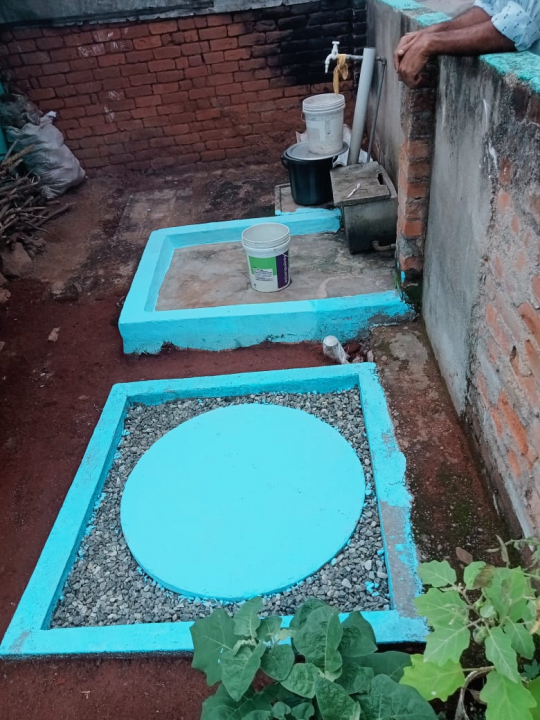Greywater management initiatives play a crucial role in alleviating pressure on freshwater supplies and enhancing water availability for non-potable domestic uses. Through the implementation of appropriate policies, these activities can be expanded to effectively address water stress in rural Kerala. The Kerala Rural Water Supply and Sanitation Agency (KRWSA) is actively developing an action plan for Greywater Management, incorporating diverse policy frameworks and technologies tailored for rural areas. The successful implementation of these strategies will significantly contribute to the transformation of this sector, augmenting additional water resources. In many rural areas of the state, untreated greywater from households often accumulates in open spaces or flows into water bodies due to the high density of habitats, creating an environment conducive to the breeding of diseases and pathogens. While greywater is less harmful than black water contaminated with fecal matter, it still contains potentially hazardous chemical and biological particles. Moreover, untreated greywater represents a wasted resource that could have eased acute water stress in various parts of the state. Harnessing greywater through scientifically sound techniques presents an opportunity for a valuable resource in non-potable applications, provided it is treated with care. KRWSA has initiated a program to provide technical support to Gram Panchayats (GPs) for establishing Greywater treatment and management systems in Tribal hostels, residential schools, and colonies. The objective is to treat greywater using physical and biological methods, employing cost-effective and less sophisticated technologies acceptable to the beneficiaries. Collaborating with Grama Panchayats, KRWSA identifies specific areas or "Hotspots" for intervention. In the fiscal year 2022-2023, KRWSA's Idukki Regional Unit identified Kanthalloor and Marayur Grama Panchayats for the pilot implementation. While the identified site in Kanthalloor Grama Panchayat was deemed unfeasible due to land availability issues, Marayoor Grama Panchayat, particularly the Babu Nagar colony, became a focus area. Initially planning a comprehensive greywater management system with a sewage treatment plant for all households, the high cost prompted a shift to an individual household level approach under the Swachh Bharat Gramin program, using the "Magic Pit" technology. Despite initial challenges and drainage issues in the colony, the proposal was discussed and approved by the Local Government, Marayoor Grama Panchayat. The construction of Magic Pits for around sixty households commenced in November 2023, concluding within the month. Extensive awareness programs and hands-on training were conducted, resulting in a positive response from the households. Residents are now content with the technical aspects and construction quality, addressing their greywater issues effectively. Marayoor Grama Panchayat is now expressing the need for more systems in vulnerable areas and proposing the scaling up of the program.
Last updated on 22/01/2026 10:20 AM
| Visitor Count 6




